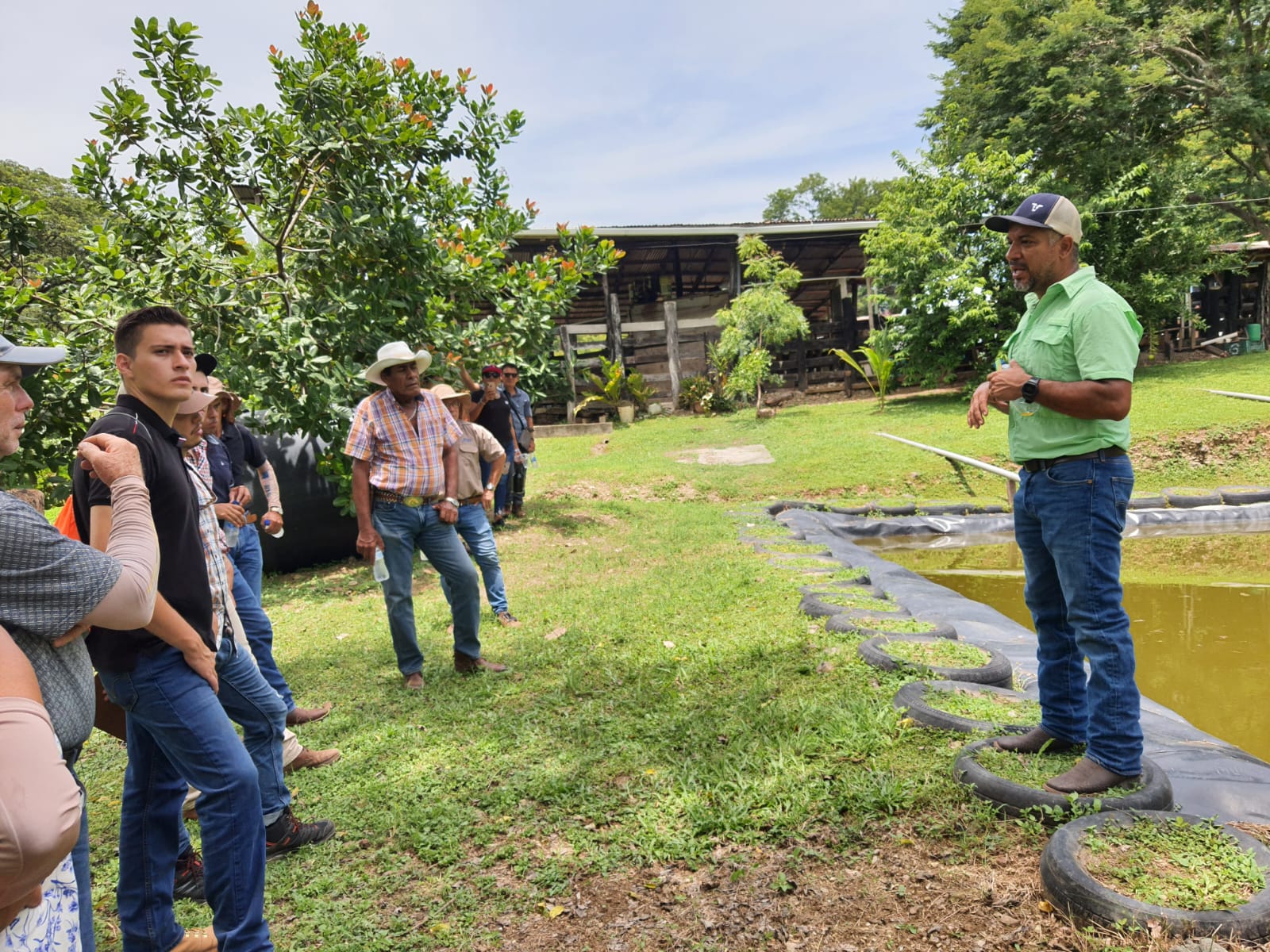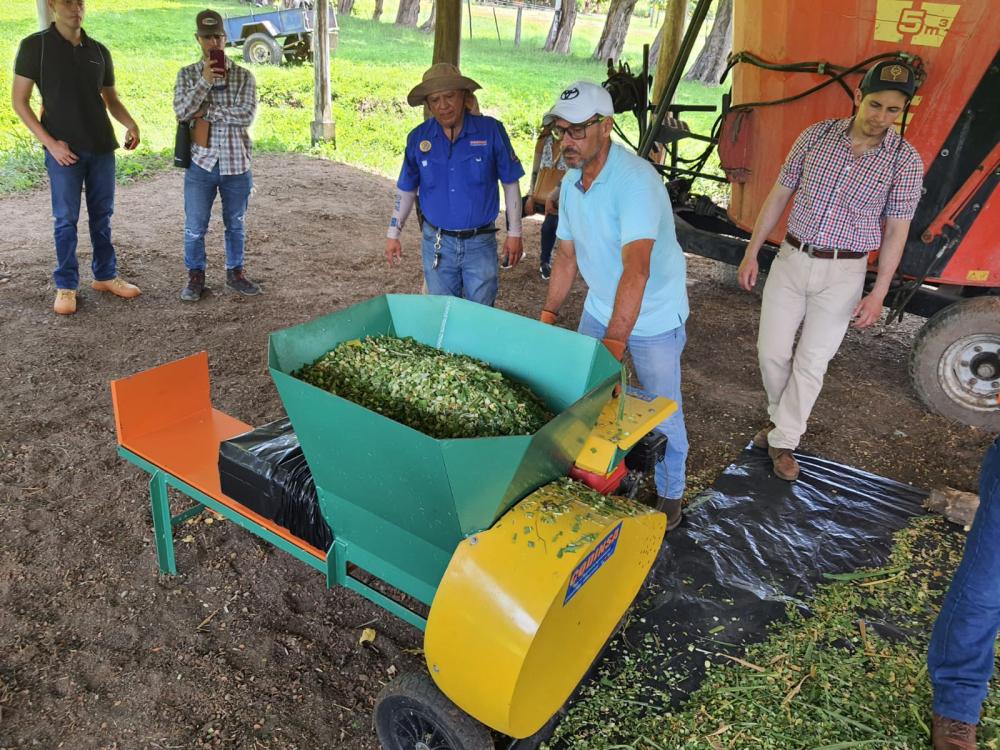Work with small and medium-scale farmers is essential for guaranteeing the availability of and access to food in their plots and homes given their high vulnerability to the impacts of climate change due to geographic location.

San Jose, 29 September 2023 (IICA) – With the aim of providing technical assistance to smallholders in the Central American Dry Corridor, experts in resilient agriculture and climate change from the Inter-American Institute for Cooperation on Agriculture (IICA) provide the necessary tools for agriculture in the region—one of the most vulnerable to climate change in the world—to become a source of development and food for the local population.
Small and medium-scale farmers from Nandayure, Guanacaste, Costa Rica, part of the Adapted Agroforestry Systems for the Central American Dry Corridor project (AGRO-INNOVA), discussed their experiences with their demonstration plots with other farmers from the area in a Field Day organized by IICA aimed at sharing the training and technical assistance they are receiving from the initiative.
AGRO-INNOVA is executed by IICA and financed by the European Union. With a focus on sustainability, it seeks to contribute to food and nutrition security in the Central American Dry Corridor and highlight the value of agriculture as an agent of progress. Among its activities are the field days, during which the work done with smallholder farmers is demonstrated.
Roberto Ugalde Marchena, a farmer from Nandayure, received training and support from AGRO-INNOVA to drive the growth of his local business.
Alongside his family, he learned how to make better use of rainwater by creating an irrigation reservoir. The liquid is channeled into an artificial pond where it accumulates and will be used to irrigate crops during the dry season.
At his farm, which he has dubbed Star, he has a dual-purpose dairy and makes efficient use of animal waste (both liquid and solid), cleaning water and food scraps, which he utilizes to fertilize his fields.
He also acquired knowledge on how to ensile forage (preserving fodder and plants, such as meadow buttercup, through fermentation) and uses it during food shortages, such as in the summer months.

During the field day, Ugalde shared his achievements and progress after putting into practice the management models for agricultural development and innovation strategies provided by the AGRO-INNOVA project.
“Here at Star farm, we want other farmers to see the good results and improvements we have had with the project by daring to do things differently and following the guidance of specialists”, commented Ugalde.
According to Mariano Naranjo, technical specialist for Costa Rica with the AGRO-INNOVA project and person in charge of the field days, these skill-building activities are an opportunity of interaction, the importance of which lies in spotlighting the technologies and innovations implemented in the demonstration plots.
“The aim is to generate a greater impact on other farmers through the adoption of best practices, thus achieving greater resilience to climate change and improving their production systems”, explained Naranjo.
“It should be noted that a large percentage of local production is in the hands of small-scale farmers, who play a key role in the social and economic development of rural communities” he added.
Since 2019, AGRO-INNOVA has worked to ensure climate resilience and food security in the homes of highly vulnerable smallholders in Central America and aims to impact 3,000 smallholder farmers and 12 organizations in six countries along the Central American Dry Corridor.
More information:
Institutional Communication Division.
comunicacion.institucional@iica.int











